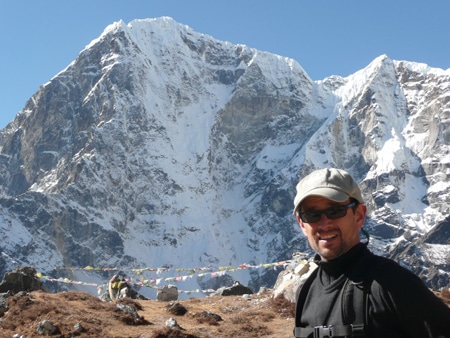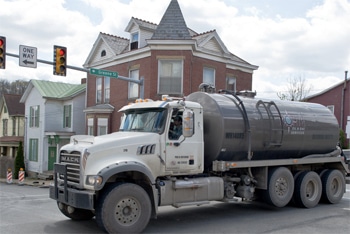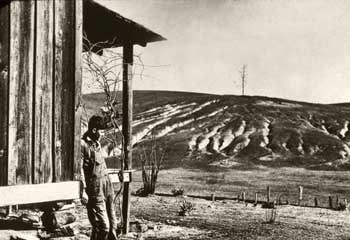Connecting Land and Water Solutions: Lamonte Garber Joins Watershed Restoration Group
https://stroudcenter.org/wp-content/uploads/lamonte-in-nepal.jpg 450 338 Stroud Water Research Center Stroud Water Research Center https://stroudcenter.org/wp-content/uploads/lamonte-in-nepal.jpgGarber will serve as the watershed restoration coordinator, working with landowners and partnering agencies on restoration and conservation projects throughout Pennsylvania and beyond.



